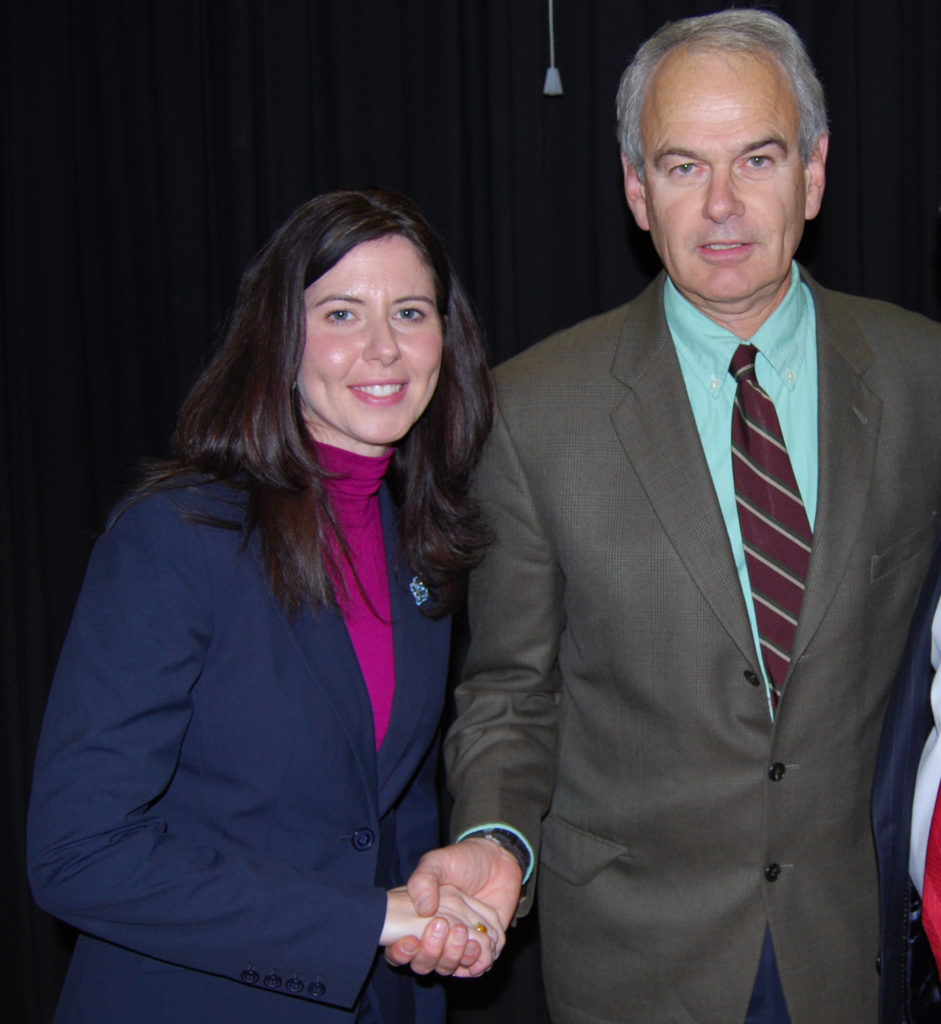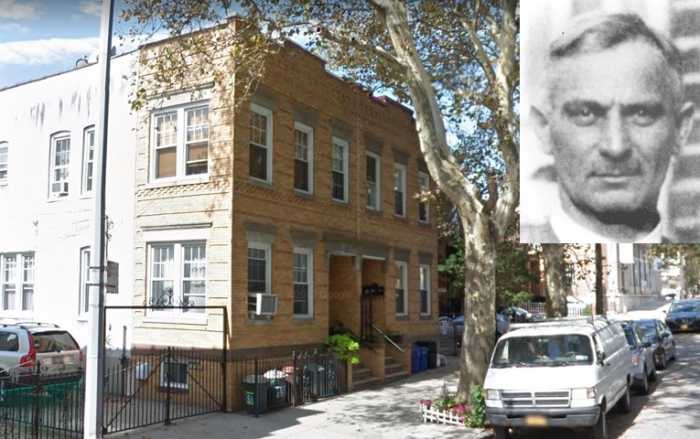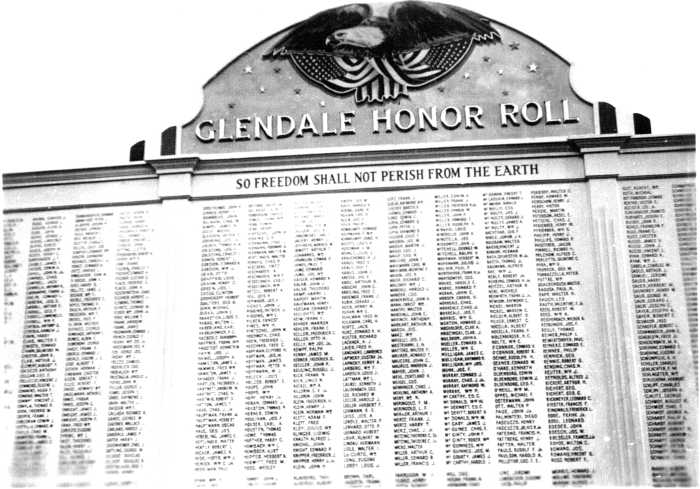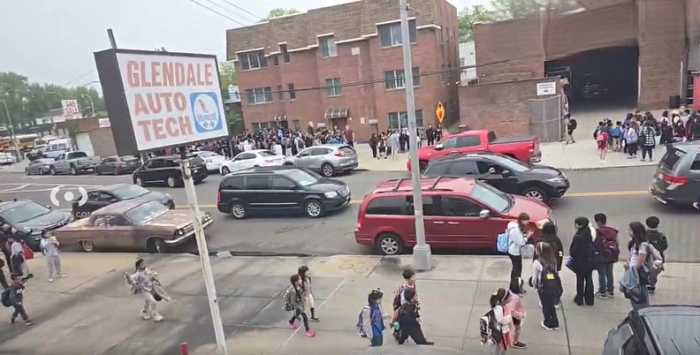The too-close-to-call finish of the 30th City Council District seat in Queens is a case of “deja vu all over again” for the incumbent, Elizabeth Crowley.
Nearly 10 years ago, Crowley found herself in similar territory amid a special election for the 30th District seat. Dennis Gallagher, who had beaten Crowley for the seat in 2001, occupied the office until April of 2008, when he resigned after pleading guilty in a sex assault case.
Crowley, at that time an educator from Glendale, was one of four candidates in the non-partisan June special election that entitled the winner to the seat through the end of 2008. There would be another election in November to determine who would serve out the remainder of Gallagher’s term, which expired at the end of 2009.
By city law, parties cannot formally nominate a City Council special election participant, and each candidate secures their own ballot line. Crowley, a Democrat, ran on the “Schools First” line, as she based her campaign that spring on improving schools throughout the district.
Also contesting the special election were former Councilman Tom Ognibene, a Republican who ran on the “Experience Counts” line (he had served in the seat between 1992 and 2001); Anthony Como, a Republican who was an aide to then-state Senator Serphin Maltese and ran on the “People First” line; and Charles Ober, a Democrat and active member of the Ridgewood Property Owners and Civic Association who ran on the “Community First” line.
The June special election was, in effect, a working primary. The winner would get a few months in office to prove themselves to voters before the November general election.
All four candidates engaged in an spirited, six-week campaign that culminated with the June 3 vote. Turnout was low, but with four viable candidates, no one candidate secured a clear majority.
After all the precincts reported that night, it was unclear who would come out on top. Como and Crowley combined for 62.5 percent of all the votes cast in the special election, but Como ended the evening ahead of Crowley by just 70 votes.
Crowley did not concede, opting to wait until all the ballots were counted; there were about 200 absentee ballots that had yet to be factored in the decision. The following week, the Board of Elections recanvassed the voting machines and counted the absentee ballots — and Como’s lead shrunk to 38 votes.
In the end, Crowley conceded the race to Como — and began her campaign to win the seat in the November election. It was the year Barack Obama would be elected president, and while the outcome of the national election was still in doubt at the time, it was certain that there would be a strong Democratic turnout in New York — something from which Crowley and other down-ballot candidates across the Empire State would benefit.
Even so, Crowley would also need the support of conservatives and Reagan Democrats to win the district. To that end, she stumped for votes by attending meetings of local civic groups including the Juniper Park Civic Association (JPCA) — led by its president, Robert Holden.
Como, as it happened, found himself in a falling out with the JPCA over a stalled rezoning plan covering Maspeth, Middle Village and Glendale. During a Sept. 25 meeting, as the Ridgewood Times reported, Holden claimed that Como’s office didn’t return the civic group’s calls about the rezoning plan — and intimated that it was the result of the group’s rift with Gallagher over the previous two years.
Crowley attended that Sept. 25 meeting and told residents that, if elected, she would move the rezoning proposal forward — going so far as to promise that she’d bring the City Planning commissioner to the area for a visit.
On Oct. 30, just days before the election, Crowley again appeared at a JPCA meeting, this one focused on several local races. Como didn’t attend the meeting, and Holden reminded residents that he also failed to attend a debate the group organized prior to the June special election.

Crowley wound up easily defeating Como on Nov. 4, garnering 56 percent of the vote. Crowley worked with the JPCA and the city to get the rezoning plan moving forward and ultimately enacted.
But not long thereafter, Crowley and Holden began feuding; over the next nine years, they clashed over myriad issues from the construction of Maspeth High School to a proposed homeless shelter in the community.
Holden decided to challenge Crowley’s bid for a third term this year. After losing to her in the Democratic primary but ultimately securing the Republican line and third-party tickets, Holden ended Election Night 2017 ahead of Crowley by 133 votes.
As she did in June 2008, Crowley’s waiting for all the votes to be counted before deciding what to do next.




































